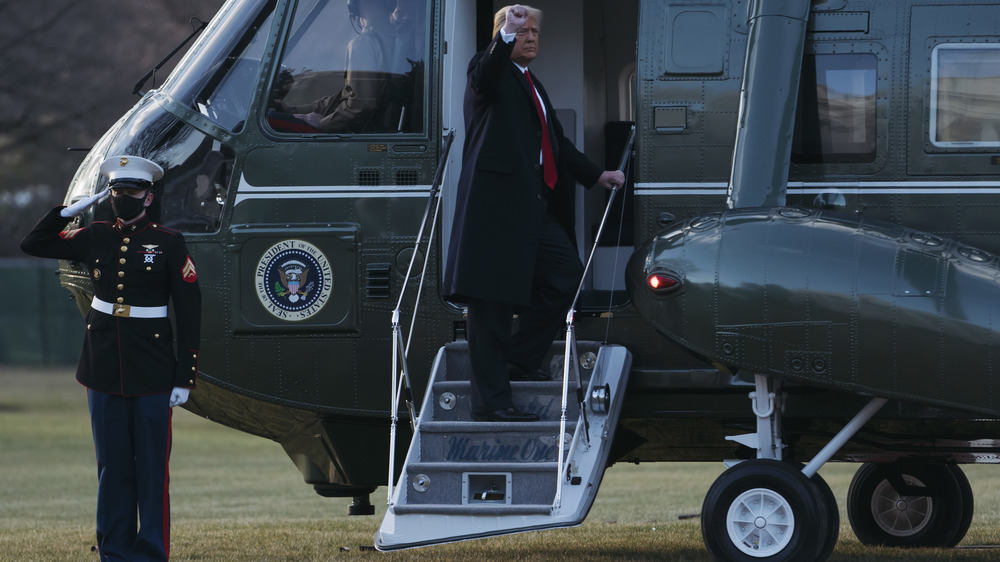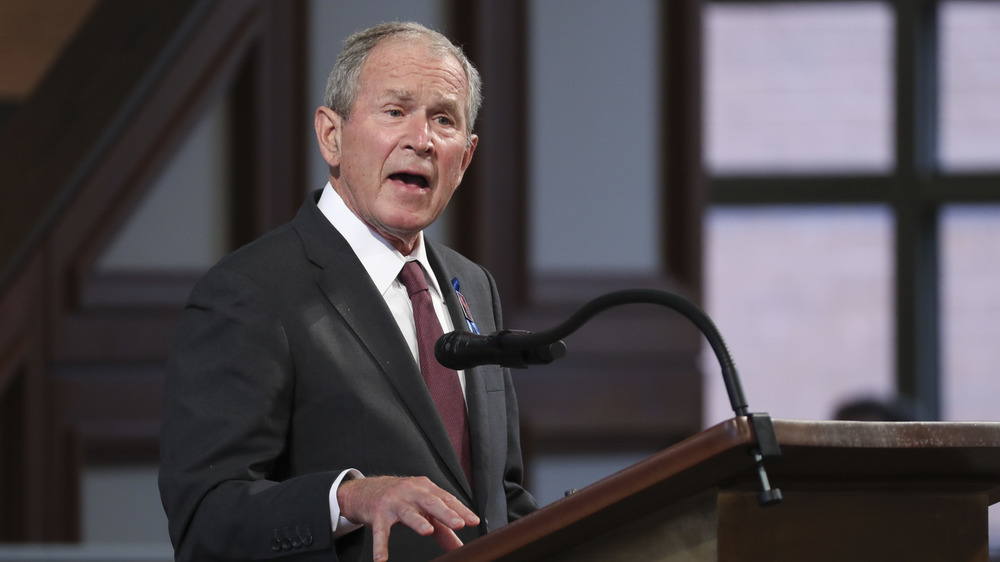Can Biden Overturn Any Of Trump's Pardons?
President Donald Trump remained busy on his last full day at the White House, giving out 143 pardons and commutations, including one to his former chief strategist Steve Bannon, who was accused of fraud for an online fundraiser he had organized.
While some of Trump's forgiveness tour caused controversy, the likelihood that President Joe Biden can overturn these pardons seems low. To rescind them, they would need to be corrupt or show abuse of presidential power. Newsweek spoke with Jeffrey Crouch, an assistant professor of American politics at American University, who said that President Trump's decisions would probably stay in place. "A president almost never tries to take back a pardon," he said, "although an old court case called In Re DePuy describes how President Ulysses S. Grant successfully cancelled a conditional pardon granted by his predecessor, Andrew Johnson, before it was delivered."
According to the History News Network, in this case Grant revoked two of Johnson's pardons and the grieved men went to court and lost. "If the president can arrest the mission of the messenger went the messenger has departed but 10 feet from the door of the presidential mansion, he can arrest such mission at any time before the messenger delivers the pardon to the warden of the prison," quoted the website from the judicial opinion.
Unfortunately for those involved, the warden received the pardons, but merely put them in his desk, and Moses and Jacob DePuy remained in jail. Grant did pardon them later, however.
George W. Bush and the pardon that wasn't
More recently, in 2008, then-President George W. Bush relieved Isaac Robert Toussie of a pardon he had granted. Toussie was convicted of using false documents to qualify for mortgages. Mr. Bush's change of heart happened after he learned that Toussie's father had donated $30,800 to Republicans a few months prior to the pardon. The New York Times interviewed White House spokeswomen Dana M. Perino, who called the donation inappropriate "given that no one advising the president knew of the donation by Toussie's father, and because of the possibility of an appearance of impropriety..."
A flurry of pardons is traditional for a departing U.S. president. "Although the authority was put in place to give presidents humanitarian authority to overturn wrongful convictions, to commute excessively harsh sentences to rehabilitated individuals, or make a gesture of mercy — many presidents have used the power as favors for supporters and allies," according to Al Jazeera. There are some limitations. Pardons only apply to federal crimes, except for impeachment cases. The recipient of a pardon remains convicted, but their punishment is waived, including jail time or fines.
Mainly, pardons apply to those who have received sentencing. But sometimes pardons are pre-emptive, which means that either prosecution hasn't taken place or was in process. President Gerald Ford, for instance, gave a pre-emptive pardon to President Richard Nixon after Nixon's 1974 resignation. That pardon covered any crimes that might have happened during Nixon's presidency.

